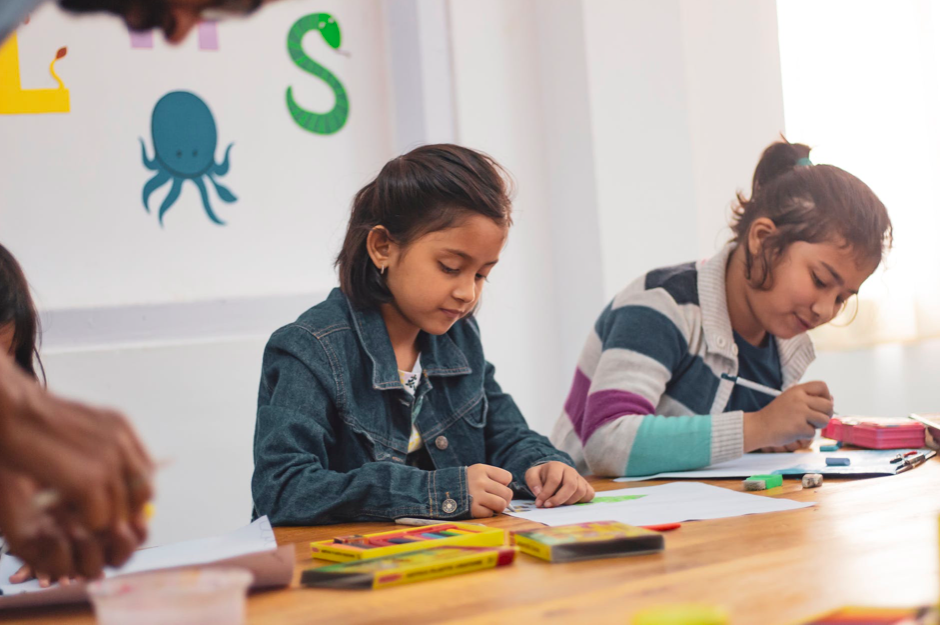Last night the Prime Minister announced that, among other measures, primary schools would open again from 11 May. They will begin with half the students coming in one day, and the other half the next. But why has the Netherlands decided to reopen schools in the first place?
Well, according to the RIVM director, Jaap van Dissel, it comes down to the fact that children seem to get the virus far less often, and far less severely, than adults. He also said that children were more likely to catch the virus from their parents, than parents to catch the virus from their children. All this combined means that “the impact on care, the children themselves and the families is relatively small.”
Children do seem to get infected less often than adults
The current population study, PIENTER, has shown that 3.6% of the population have caught coronavirus- or at least, 3.6% have antibodies against it. In children under 12 years of age, this is only 1%, leading researchers to believe that children do indeed get infected less often.
Teachers may be tested
Van Dissel also mentioned the possibility of testing teachers for the virus, as healthcare professionals are currently being tested. But that all depends on getting sufficient test capacity.
Not possible to draw up a risk free strategy, OMT says
There are mixed opinions about whether this is a good idea. Some parents, naturally, are concerned about sending their children to school. Even the OMT, the body that made these recommendations, is aware of the risks. “It is not possible to draw up a strategy based on scientific evidence to reopen society without this leading to a potentially uncontrollable spread of the virus.”
Relaxing some rules necessary for general welfare
However, it has been judged that unless some rules are relaxed now, the consequences for the economy, people’s personal finances, and society in general will be too great. Nonetheless, although the RIVM director referenced several studies that had informed his decision, there is still a long way to go before we have a good understanding of how coronavirus affects children.
More data expected from Scandinavian countries on how coronavirus affects children
That data should come out of the Scandinavian countries over the next couple of weeks. Until then, the OMT has reached a compromise that primary schools should half-reopen: meaning that half the students come in one day, and the other half the next, alternating throughout the week.
Has the OMT broken its own rules?
Strictly speaking, the OMT has kind of broken its own rules by recommending this reopening, NOS points out. Previously, they and the government had stated that until three criteria were met, no rules could be relaxed. These three criteria were: the healthcare system should not be under such strain; there should be an infection rate of less than 1 for an extended period of time; and there should be sufficient testing capacity.
It seems, based on the current figures, that the first two conditions will be met by the end of the May vacation, when primary schools are set to reopen. But testing capacity still has quite a way to go, especially if teachers are to be tested like healthcare workers.
What are your thoughts on the government’s decision to reopen primary schools? Let us know in the comments below.
Feature Image: Pragyan Bezbaruah/Pexels


